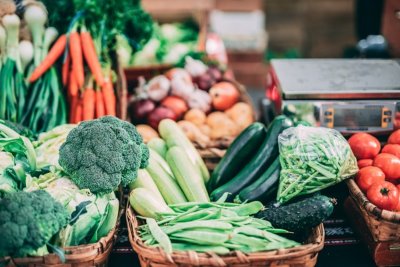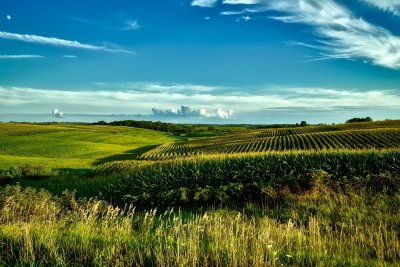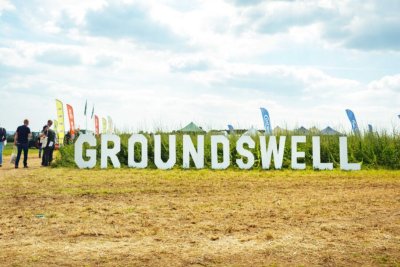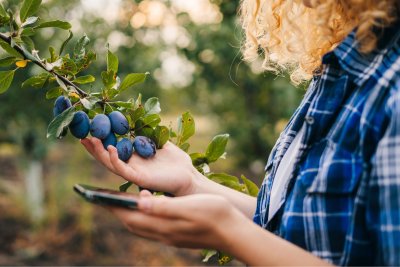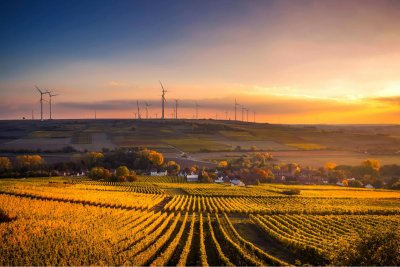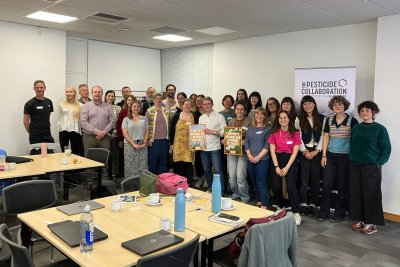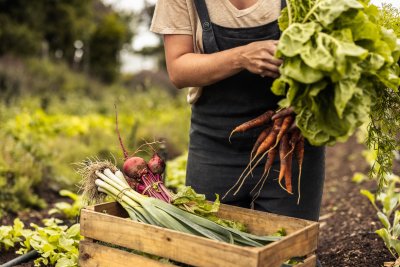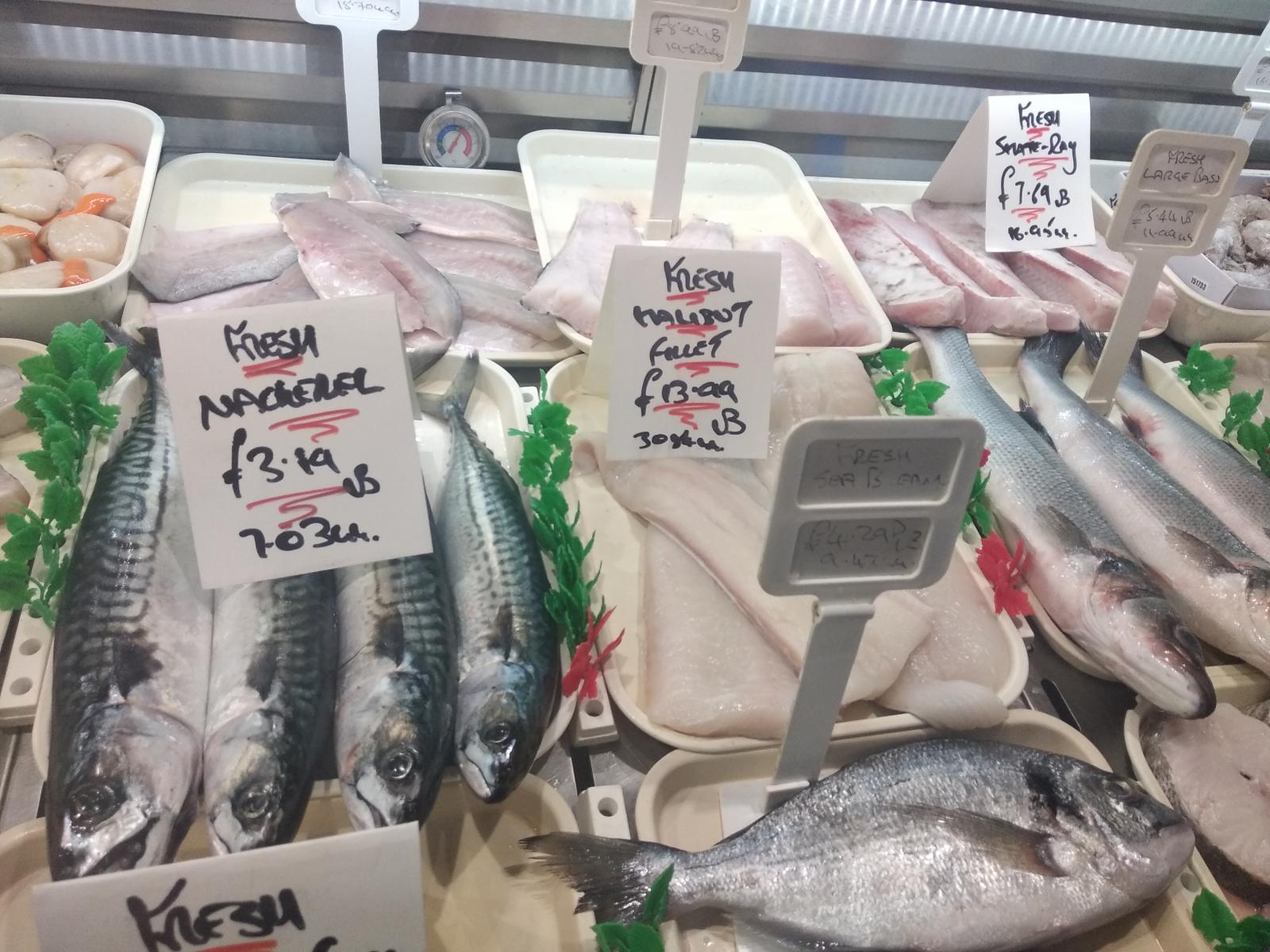 Credit: Ruth Westcott
Credit: Ruth Westcott
The UK fish you should and shouldn't be eating, according to experts
The UK’s leading marine charity, the Marine Conservation Society (MCS), has launched its newly updated Good Fish Guide ratings, outlining the seafood to look out for and what to avoid when buying and dining.
Join our latest Food for the Planet campaign
The update comes as bad news for some of the UK’s most popular fish species: North Sea cod has been re-added to the list of Fish to Avoid, as have some herring stocks in the Celtic Sea, south Irish Sea, and the southwest of Ireland, because the populations are at critically low levels. Some whiting has also dropped to Fish to Avoid status because stocks are at such low levels and being overfished.
There is a mixed picture for scampi (nephrops). Some areas have improved (those caught in the Devil’s Hole region of the North Sea) and for some the picture is worse with the Horn's Reef area of the North Sea joining the list of Fish to Avoid.
It’s good news for wild-caught sea bass and John Dory, which are no longer considered fish to avoid. Plaice and sole stocks have shown recovery following reduction in fishing pressure and this is reflected in an improvement in their ratings.
According to the latest advice, five of the most sustainable seafood species caught or farmed in the UK are:
- Oysters, mussels and king prawns (UK-farmed): Some real delicacies are on our doorstep, and UK farmed shellfish is tasty and sustainable!
- Atlantic halibut (UK-farmed): only look for farmed halibut from the UK as this species is endangered in the wild
- Herring (Irish Sea – North): this population is in a good state, and fishing pressure is well within sustainable levels. Herring from the North Sea is also a good choice
- Plaice (UK caught from the North Sea): populations here are increasing – a great sustainable choice
- European Hake (UK caught): following low stock levels in 2006 and new measures being put in place, hake populations have bounced back and been consistently high over the last 10 years …a true success story!
Five of the least sustainable seafood species caught in the UK:
- UK Cod: Look for cod from the North East Arctic or Iceland instea
- European eel: This is a Critically Endangered species due to overfishing, habitat alteration and pollution. Whether farmed or wild caught, there are currently no sustainable options for this species ·
- Wild Atlantic salmon: There are no rivers in England or Wales where salmon stocks are meeting conservation targets and only 28% of rivers in Scotland are doing so. Only consider salmon from Grade 1 rivers in Scotland or look for UK organic farmed salmon
- Whiting caught from the west of the UK: All of these populations are below safe levels, meaning that their ability to reproduce is impaired. Whiting in the North Sea is doing a bit better, but even there it's being subject to slight overfishing
- Wild Atlantic halibut: This amazing but endangered species is highly vulnerable to the impacts of fishing, avoid wild Atlantic halibut caught anywhere around the UK. MCS works closely with regulators, the fishing and aquaculture industry, retailers and the seafood supply chain to ensure the longevity of seafood stocks and the industries themselves.
Many fish stocks in the UK are in a poor state. The UK is expected to fall well short of most of its marine environmental targets next year, and the future of many species can no longer be guaranteed. The Sustainable Fish Cities campaign, with many others, is calling for much stronger fishing regulation that would see more of our fisheries recovering, and delivering jobs, boosted income, and thriving marine ecosystems.
Charlotte Coombes, MCS Good Fish Guide Manager, said:
“UK-caught or farmed seafood can be a great sustainable option when done right, but it’s vital that people take note of what species they’re buying, where it was caught or farmed, and how. MCS’s Good Fish Guide looks at all of these key aspects, as well as looking at wider environmental impacts and how well-regulated the farms and fisheries are. “Whatever the future of the UK’s relationship with the EU, shopping for sustainable UK seafood will help to support sustainable UK fishers and fish farmers and reduce the pressure on at-risk species.”
North Sea cod : Why is it off the menu again?
North Sea cod has had a troubled history, and despite years of work to bring it back to sustainable levels, the state of the stock has once again declined to a worryingly low level. A combination of fishing pressure and environmental changes, the population is so small that its ability to reproduce may be impaired. All of the cod populations around the UK are in a similar position, making this iconic species one of the least sustainable fish to be caught in UK waters, and urgent action is needed to bring it back to healthy levels.
And is sea bass coming back?
UK sea bass has come off the Fish to Avoid list. This shows what can be achieved when management of fish stocks starts to improve. After being heavily fished for decades, a series of measures brought in over the last few years have reduced fishing pressure, the first step in giving sea bass a chance to recover. Populations are still at very low levels and there is a long way to go to get this fishery well managed and in a healthy state, but this species shows how beneficial good fisheries management can be.
Sustain is calling for better government policies for managing our marine ecosystems, including investing in better data, more equitable sharing of fishing rights, and using public procurement better to support sustainable diets and producers.
We want all food businesses in the UK to only sell fish that is verifiably sustainable. Has your favourite restaurant of caterer signed the pledge?
We also offer advice about eating fish in a climate and nature emergency.
Explore the full Good Fish Guide from the Marine Conservation Society.
Sustainable Fish: A campaign to protect precious marine environments and fishing livelihoods, and call for fish to be bought from sustainable sources. We want to show what can be done if people and organisations make a concerted effort to change their buying habits.
Sustain
The Green House
244-254 Cambridge Heath Road
London E2 9DA
020 3559 6777
sustain@sustainweb.org
Sustain advocates food and agriculture policies and practices that enhance the health and welfare of people and animals, improve the working and living environment, promote equity and enrich society and culture.
© Sustain 2024
Registered charity (no. 1018643)
Data privacy & cookies
